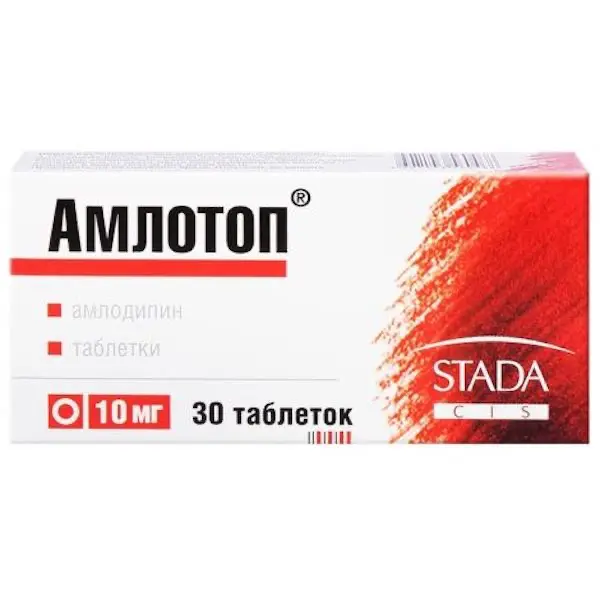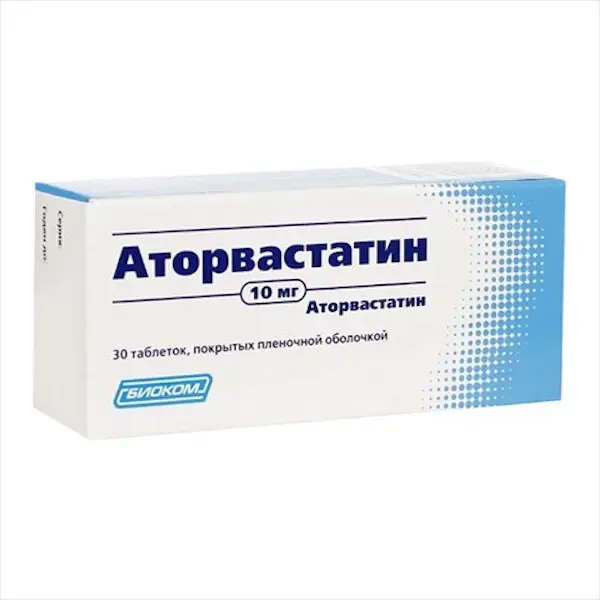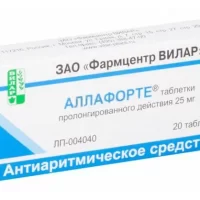Description
Amlotop Pharmacodynamics
Dihydropyridine derivative is a “slow” calcium channel blocker of II generation, has antianginal and hypotensive effects. Binding to dihydropyridine receptors, it blocks calcium channels, reduces transmembrane transition of calcium ions into cells (more in vascular smooth muscle cells than in cardiomyocytes). Antianginal action is due to the dilation of coronary and peripheral arteries and arterioles: in angina pectoris it reduces the severity of myocardial ischemia; by dilation of peripheral arterioles, it reduces total peripheral vascular resistance, reduces the preload on the heart, reduces myocardial oxygen demand. By dilating the main coronary arteries and arterioles in the unchanged and ischemic areas of the myocardium, increases the flow of oxygen to the myocardium (especially in vasospastic angina); prevents the development of coronary artery constriction (including that caused by smoking). In patients with angina a single daily dose increases exercise time, delays the development of angina and “coronary” ST-segment depression, reduces the frequency of angina attacks and nitroglycerin consumption. It has a long-term dose-dependent hypotensive effect. The hypotensive effect is due to a direct vasodilator effect on the vascular smooth muscles. In arterial hypertension a single dose provides clinically significant reduction of arterial pressure (BP) for 24 hours (in “lying” and “standing” position of the patient). It does not cause a sharp decrease in BP, decreases exercise tolerance and left ventricular ejection fraction. It reduces the degree of myocardial hypertrophy of the left ventricle, has anti-atherosclerotic and cardioprotective effect in coronary heart disease (CHD). It does not affect myocardial contractility and conduction, does not cause reflex increase in heart rate (HR), inhibits platelet aggregation, increases glomerular filtration rate, has a weak natriuretic effect. In diabetic nephropathy it does not increase the severity of microalbuminuria. It does not have adverse effects on metabolism and blood plasma lipids. Time of effect – 2-4 hours, duration of effect – 24 hours.
Indications
Arterial hypertension (monotherapy or in combination with other antihypertensive agents).
Angina pectoris, vasospastic angina pectoris (Prinzmetal’s angina).
Contraindications
Hypersensitivity to amlodipium and other dihydropyridine derivatives;
Severe arterial hypotension;
collapse, cardiogenic shock;
pregnancy and lactation;
age under 18 years (efficacy and safety have not been established).
Caution: liver function abnormality, sinus node weakness syndrome (marked bradycardia, tachycardia), decompensated chronic heart failure, mild or moderate arterial hypotension, aortic stenosis, mitral stenosis, hypertrophic obstructive cardiomyopathy, acute myocardial infarction (and within 1 month after), diabetes, lipid profile disorders, older age.
Dosage and administration
- Orally, the initial dose for the treatment of arterial hypertension and angina pectoris is 5 mg of the drug once a day. The dose can be increased up to 10 mg once a day. In arterial hypertension, the maintenance dose may be 2.5-5 mg per day.
In angina of tension and vasospastic angina, 5-10 mg once daily. For prevention of angina attacks, 10 mg/day. - In thin patients, short patients, elderly patients, patients with liver dysfunction as a hypotensive agent, amlodipine is prescribed in an initial dose of 2.5 mg, as an antianginal agent – 5 mg.
- There is no need to change the dose when concomitantly prescribed with thiazide diuretics, beta-adrenoblockers and angiotensin-converting enzyme inhibitors (ACE).
No dose modification is required in patients with renal insufficiency.





